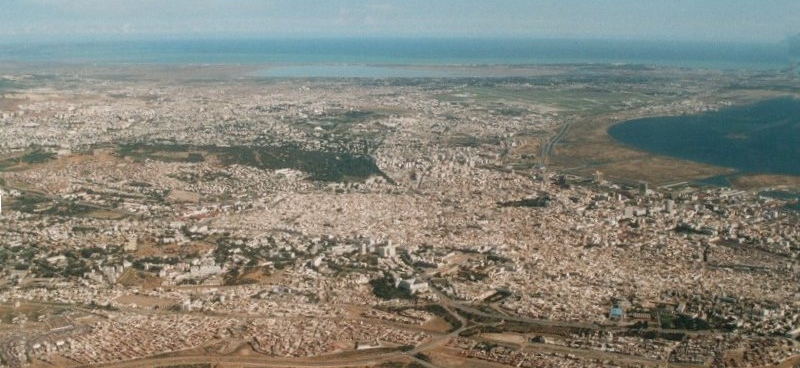The views and opinions expressed on the website are those of the authors and do not necessarily reflect the views or opinions of Niagara Foundation, its staff, other authors, members, partners, or sponsors.
By Garrett Foster, Administrative Intern
July 27, 2015
اذا الشعب يوماََ اراد الحياة
فلا بدّ ان يستجيب القدر
This poem by the famed Tunisian poet Aboul-Qacem Echebbi loosely translates to “If the people one day wish for life life, without a doubt fate will answer.” Reciting this line in a Tunis cab was enough to have the driver explain to me a few nuances about the word for life in the poem (حياة). In the poetic sense, it doesn’t simply mean “life.” The word also means freedom. I suppose such an idealistic stanza would be a good note to start on before delving into the issue of the security problems the recently-democratic country of Tunisia now faces.
After successfully ousting the dictator Zine El Abidine Ben Ali (Ben Ali for short), the Tunisian people established a transitional government that has been replaced by a constitution and a standing, democratically-elected government. Be it fate or through their own hard-earned efforts, the Tunisian people now have achieved many political freedoms in their life. Unfortunately, the security once provided by the Ben Ali regime is a thing of the past. Ben Ali’s regime not only provided physical security through the armed forces but also by monitoring the religiosity of Tunisians.
With Tunisia’s mosques no longer monitored by the government, foreign, radicalized ideologies from abroad have found their opening. Young people who grew up with their mosque attendance monitored are now celebrating their newfound freedom to embrace their religion publicly; however, many of the new mosques in southern Tunisia embrace foreign strains of thought, such as the ultra-conservative Salafism (The Economist). Through new, radicalized mosques, young Tunisians are being recruited to extremist organizations fighting in Syria. Already, estimates of the youth recruited in Tunisia for groups like ISIL in the thousands.
Part of this is due to the porous nature of the Libyan border following the fall of Gaddafi and the freer hand ISIL affiliates have in the fractured Libyan state. The spate of terror attacks in Tunisia, beginning with an attack on the Bardo museum and following with the recent attack in Sousse have left many dead. Unfortunately for the fledgling democracy, the greatest casualty will most likely be the Tunisian tourism industry, which is responsible for the majority of the country’s economy (Reuters). Facing economic ramifications for the security problems will undoubtedly negatively impact the amount of money Tunisia can put into border security, thus compounding the problem further.
However, we already saw the people of Tunisia succeed in the face of unfavorable odds when they deposed Ben Ali and successfully instituted a democracy. As grim as their situation may seem in the wake of these two deplorable acts of hate, Tunisians have overwhelmingly chosen life and freedom and there is solace lies the belief that fate may answer them once again.

